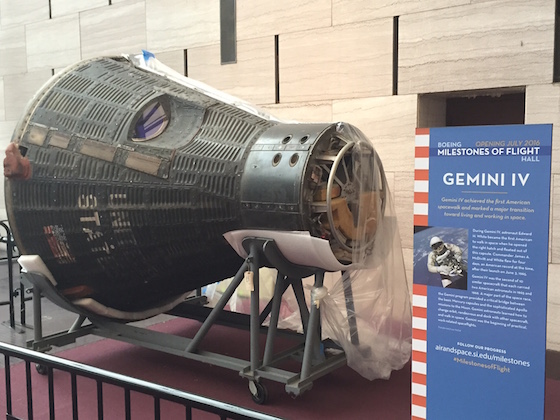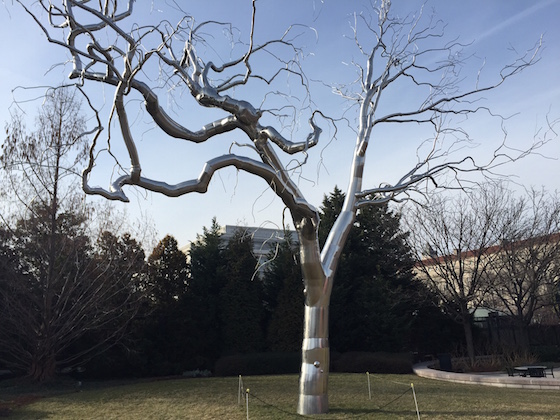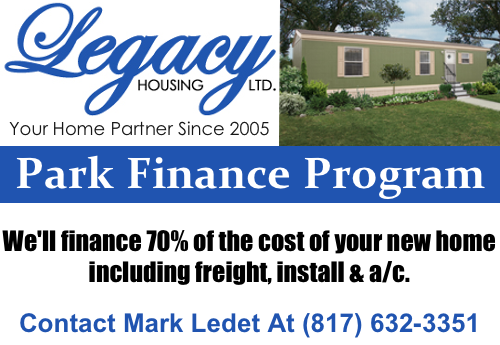In 1927, a 25 year old Charles Lindbergh climbed into the cockpit of the Spirit of St. Louis and flew the Atlantic in 33 ½ continuous hours, often only 200 feet above the ocean surface. In 1965, Edward White opened the capsule door in Gemini IV, and completed the first spacewalk, miles above the earth’s surface. Both men were true pioneers, and paved the way for future generations to do the same tasks without incident or worry. But being a pioneer is not for everyone, and there are certain mobile home park explorations that end in total failure. You have to understand how to be a “smart” pioneer to truly do a service to yourself in the risky business of pioneering.
Blazing a new trail can lead to disastrous consequences if your plan is flawed
The reason that both Lindbergh and White succeeded was because they had an extremely well thought-out plan. When buying a mobile home park, it’s imperative that you have a terrific plan to begin with. You need to think through all of the costs and challenges, and make sure that you have accounted for every nickel and every risk that may pop up. The great pioneers appear to be risk takers, which they were, but they were also the ones that had reasonable plans to succeed. Lindbergh was not the first one to attempt the Atlantic crossing – but the others all died because they did not have successful business plans. So the first rule to being a successful pioneer is to have a great plan to work from.
But if you succeed, you will be miles ahead of the pack
We live in a risk/reward world, in which the more you risk, the greater the return you should receive. As a result, the first pioneers to succeed have a huge head start on the competition. Dave and I got in the business almost 20 years ago, at a time in which nobody had any interest in it. As a result, we had the chance to learn how to turn around mobile home parks years ahead of anyone else. This kind of advantage is priceless, and makes the danger worth the risk and effort. The mobile home park industry is so young that there is still a ton of opportunity out there, and the competition is very weak compared to other real estate niches.
You make your luck through due diligence
Ben Franklin said “Diligence is the Mother of Good Luck”. If you do proper due diligence, you leave nothing to chance, as you have uncovered every skeleton in the closet prior to the end of your due diligence period. Franklin was exactly correct, and we have never seen a deal in foreclosure that the buyer used thorough due diligence on. Instead, it’s the deals where the buyer never confirmed the permit legality, or verified the revenue or expenses, or even visited the property prior to closing. We once looked at a deal in which the buyer had paid $5 million and the bank was looking for $400,000 for it in foreclosure. In that case, the buyer had relied on the broker and the seller and done no due diligence at all. Don’t let that be you. Listen to Franklin, and hedge your risk with diligence.
Having a Plan B is critical
Paul McCartney, the legendary Beatle, never was confident that his music career would take off, even when he was at his peak. So he always kept a fallback plan of opening a sandwich shop as his “Plan B”. Everyone should have a Plan B for every contingency. The only reason Lindbergh survived his Atlantic crossing was because he had a back-up plan for everything that could go wrong. When we could not see where he was, he carried some crude navigational tools and, when that failed, he guided his plane by following the stars and, when that failed, he went down to a couple hundred feet above the ocean and looked for clues there. I was once on a Southwest Airlines flight and the guy sitting next to me was an aircraft engineer. So I ask him why Southwest has never had a fatality with millions of people flown per year, while private airplanes crash all the time. He told me that’s because commercial planes like Southwest flies have two back-up systems for every control issue, while the private plane has none. If something breaks on the Southwest flight – and they frequently do – the passengers don’t even know it because the pilot just goes to Plan B. In the private plane, there is no Plan B. You want to be more like Southwest.
Conclusion
Being a pioneer can have great benefits, but it can also be suicide if you don’t have a great plan, great due diligence, and a Plan B for every negative that might pop up. You make your own luck in the mobile home park business.






